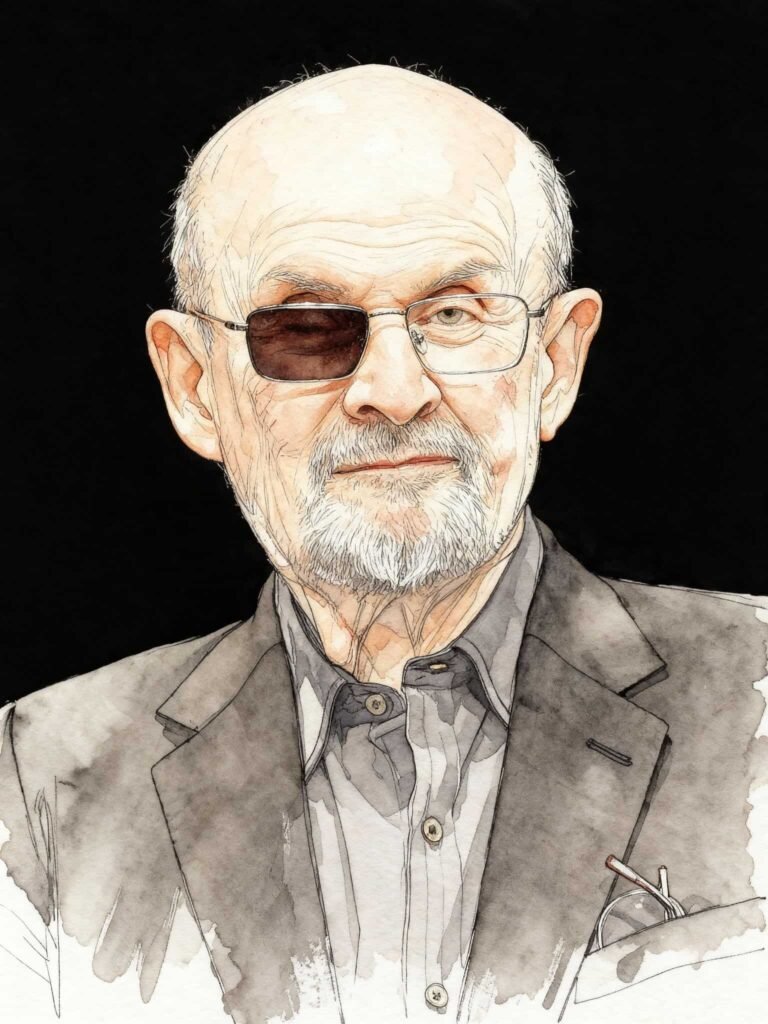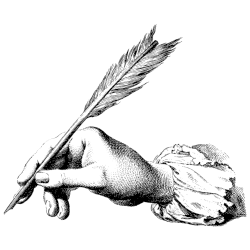
Discover the imagination and courage of Salman Rushdie through our curated selection of signed first editions and rare collectable books. From the revolutionary Midnight’s Children to the controversial brilliance of The Satanic Verses and the visionary Victory City, each volume represents a landmark in contemporary fiction. Perfect for collectors and admirers of modern literature, these signed works capture the wit, wonder, and defiance that define one of the world’s most celebrated writers.
Rushdie, Salman - LUKA AND THE FIRE OF LIFE - Signed - First Edition
🇺🇸 Price: US $125.00
Buy It NowSalman Rushdie / THE SATANIC VERSES ~ SIGNED, True 1st U.K. Edition 1988
🇺🇸 Price: US $600.00
Buy It NowTHE GOLDEN HOUSE BY SALMAN RUSHDIE 2017 SIGNED FIRST EDITION BRAND NEW
🇺🇸 Price: US $20.00
Buy It NowRushdie, Salman - THE GROUND BENEATH HER FEET - Signed - First Edition
🇺🇸 Price: US $200.00
Buy It NowSigned By Author is an eBay affiliate. We may earn a commission from qualifying purchases.
About Salman Rushdie
Salman Rushdie is one of the most distinctive and daring voices in modern literature, celebrated for his intricate storytelling, exuberant prose, and fearless exploration of identity, migration, and belief. Born in Bombay (now Mumbai) in 1947, he was educated in England and began his career in advertising before turning to fiction. His breakthrough came with Midnight’s Children (1981), a dazzling, magic realist epic that won the Booker Prize and later the Booker of Bookers for the best novel to have received the award in its first 25 years. The book’s imaginative portrayal of India’s transition from colonialism to independence established Rushdie as a major literary force.
His next novel, Shame (1983), continued his examination of South Asian politics and history, this time set in a thinly disguised Pakistan. However, it was The Satanic Verses (1988) that made him internationally infamous. The novel’s blending of myth, dream, and satire provoked outrage in parts of the Muslim world, leading to violent protests and a fatwa calling for his death. Forced into hiding for many years, Rushdie nonetheless continued to write, defend freedom of expression, and articulate the role of the writer in a pluralist world.
Later works such as The Moor’s Last Sigh (1995), The Ground Beneath Her Feet (1999), and Shalimar the Clown (2005) reaffirmed his extraordinary range and linguistic vitality. In these novels, Rushdie interweaves myth and modernity, East and West, tragedy and farce, always probing the shifting borders of culture and imagination. His memoir Joseph Anton (2012), written in the third person, recounts his years under the fatwa with characteristic wit and courage, offering a profound reflection on art and survival.
More recent novels like Two Years Eight Months and Twenty-Eight Nights (2015), Quichotte (2019), and Victory City (2023) show a writer still experimenting with narrative form and re-enchanting the modern world through myth, satire, and allegory. Rushdie’s works have won numerous awards and have been translated into many languages, cementing his reputation as one of the most inventive and influential novelists of the late twentieth and early twenty-first centuries.
Knighted in 2007 for his services to literature, Sir Salman Rushdie remains a symbol of artistic freedom and resilience. His life and career reflect not only a deep engagement with the complexities of postcolonial identity but also an unwavering belief in the transformative power of storytelling.
Salman Rushdie illustration based on a photograph by Elena Ternovaja, CC BY-SA 3.0, via Wikimedia Commons.


















